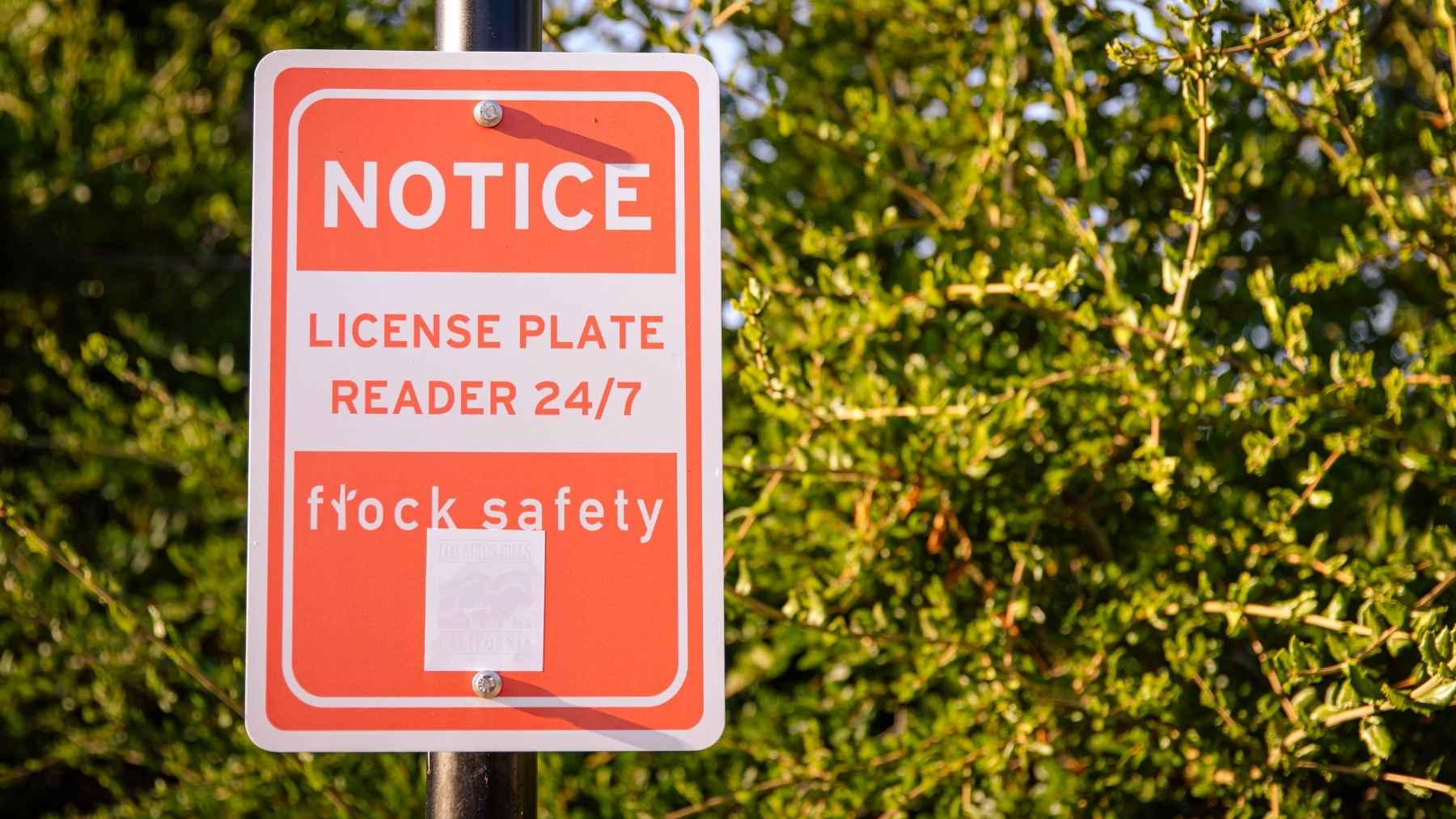Sixteen states have implemented rules for the regulation of Automated License Plate Readers, which are key tools for law enforcement. However, their increased use has led to concerns about privacy and data retention.
These rules often address how long data can be kept, when it can be accessed, and who can use the technology. Law enforcement agencies are in favor of technology, seeing it as a crucial way to identify vehicles with crimes, locate missing persons, and apprehend wanted individuals.
In the sixteen states, eight states limit how long data can be kept, at least six states place restrictions on the use of the technology by the government, also four states specify that data is exempt under the laws of public records.
Privacy advocates and some lawmakers, however, have pushed for more stringent regulations to prevent the creation of comprehensive databases of innocent citizens.
California
The law of California limits the use of License plate readers. The California Highway Patrol can use technology and retain information for up to 60 days, unless it’s being used as evidence in felony cases.
The law also prohibits the sharing or sale of ALPR data with non-law enforcement agencies or officers. A 2015 bill, SB 34, also prohibits any public agency from sharing or transferring ALPR information, except with other public agencies, as permitted by the law; hence, California agencies cannot share data with private entities or out-of-state federal agencies.
Maryland
The use of ALPRs is permitted in Maryland, but there is a law that forbids law enforcement agencies from capturing data unless they have a “legitimate enforcement purpose.”
A bill that states that a license plate reader is not the property of law enforcement and cannot be used for any purpose by a state or local law enforcement was approved to clarify how the data can be used in order to limit potential abuse.
In addition, the agencies are expected to submit a yearly report on their use of readers to the attorney general.
Arkansas
Arkansas has a law that permits the parking enforcement agencies to use the devices and also allows state, county, and local law enforcement to use license plate readers.
A key provision in the Arkansas law is the limitation on data retention, as the information collected cannot be preserved for more than 150 days, designed to prevent the long-term tracking of individuals who are not part of an active investigation.
New Jersey
New Jersey has bills in place that would prohibit the unauthorized use of data collected via license plate readers. The bills also state that county prosecutors or the attorney general would be responsible for conducting an annual audit of each agency’s use of the devices.
An updated directive from 2022 also requires the use of a statewide application program for data sharing and standardization, and also explicitly states that ALPR data can only be used for “legitimate law enforcement purposes.”
Virginia
Virginia’s governor has acted to regulate the use of license plate readers, and this spring, a bill was advanced to put rules in place for the use of technology.
New Hampshire
New Hampshire passed a law in 2007 that bans the use of any surveillance technologies on the public, including ALPR cameras. It’s one of the two states, the other being Maine, to have such a strict ban.
Oklahoma
This state allows the use of plate readers for insurance purposes, specifically to flag uninsured drivers. Since 2017, law enforcement agencies have been able to compare license plate numbers with a list from the Oklahoma insurance department to check for coverage.
The law also permits parking enforcement agencies to use readers to track outstanding violations. Any data captured must be purged within 180 days unless it is used as evidence or is subject to a warrant or court order.
Idaho
A new law in Idaho, which took effect on July 1, 2025, focuses on data access and control, and its purpose is to clearly define the use of readers for law enforcement.
Agencies are permitted to use the devices for collecting data for law enforcement purposes and traffic flow analysis. Agencies that use technology are required to provide training on its proper use, and the devices are explicitly prohibited for non-law enforcement purposes.
Montana
Montana’s law is particularly restrictive, prohibiting the use of license plate readers by an agency for employees of the state on any public highway.
The law specifies that a positive match by a license plate reader alone does not constitute reasonable suspicion for a law enforcement officer to stop a vehicle; hence, the officer must develop independent reasonable suspicion.
There are exceptions for specific agencies and purposes, such as state or local law enforcement, if they meet certain requirements.
Minnesota
Minnesota law defines automated license plate readers and states that data collected by them can be shared with a law enforcement agency, even if the device is owned by a non-government entity.
Other States
The National Conference of State Legislatures reports that, in addition to the states mentioned above, Maine and Utah also have specific laws regarding ALPRs. Maine’s law prohibits its use for certain purposes, and its data must be treated as confidential and not open for public inspection.
Utah law specifies that ALPR data can be used for purposes such as an active criminal investigation, apprehending an individual with an outstanding warrant, or locating a missing person, and also limits data retention to a maximum of nine months.
Conclusion
States are balancing law enforcement’s needs with public privacy concerns by regulating license plate reader technology and limiting data retention to prevent misuse.

